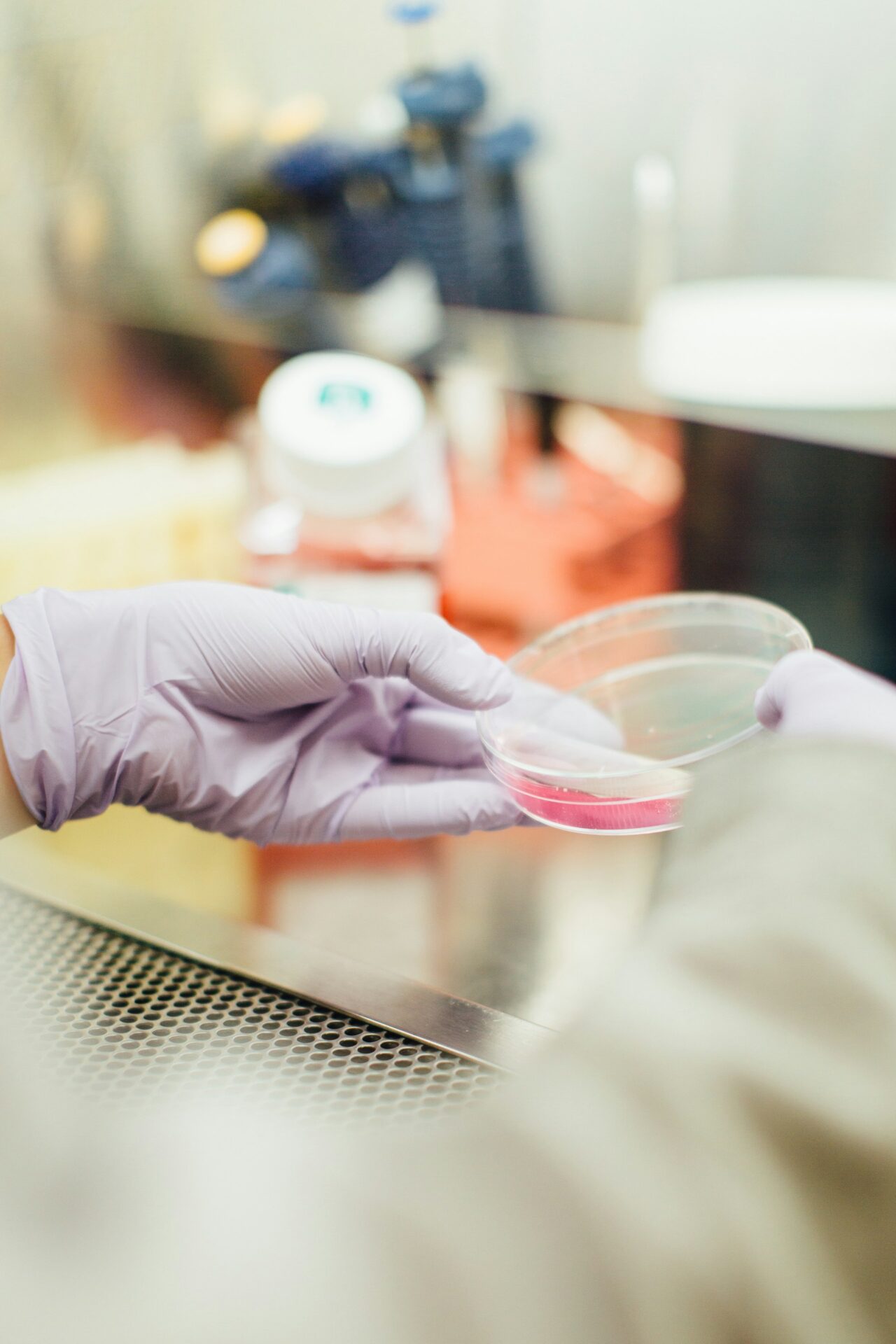This project seeks to overcome these challenges by validating in silico (computer-guided) optimization to improve protein yields.
Synthetic biology offers a pathway to cheaper, cleaner, and more sustainable biomolecule production. Precision fermentation, used to produce animal-free rennet, insulin, and leghemoglobin, transforms microorganisms into factories for desired molecules. However, low yields for some proteins drive high production costs, limiting their scalability and impact.
This project seeks to overcome these challenges by validating in silico (computer-guided) optimization to improve protein yields. Focused on a high-value protein, it aims to enhance cost efficiency by optimizing yeast-based production systems, which are more sustainable than traditional prokaryotic methods but currently less efficient.
Beyond this, the project will create a scalable pipeline for producing protein ingredients vital to food, cosmetics, and pharmaceuticals. By advancing precision fermentation, it aims to reduce production costs, carbon footprints, and address global challenges like food security. The resulting platform will drive innovation, address production bottlenecks, and bolster the UK biotechnology sector.
Academics involved: Tobias von der Haar, Alessia Buscaino | Business involved: HERlab Ltd
